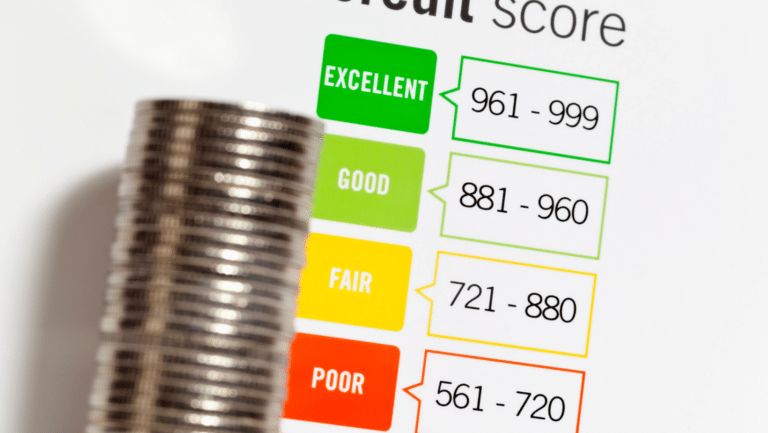Recently Graduated? How to Establish A Good Credit Score
Are you a recent college graduate? Are you starting your first job? While it’s extremely important to save money when you are first starting out, it’s also quite important to know how to spend money and understand the concepts behind your credit score and establishing good credit. As your first paycheck starts rolling in, make…










